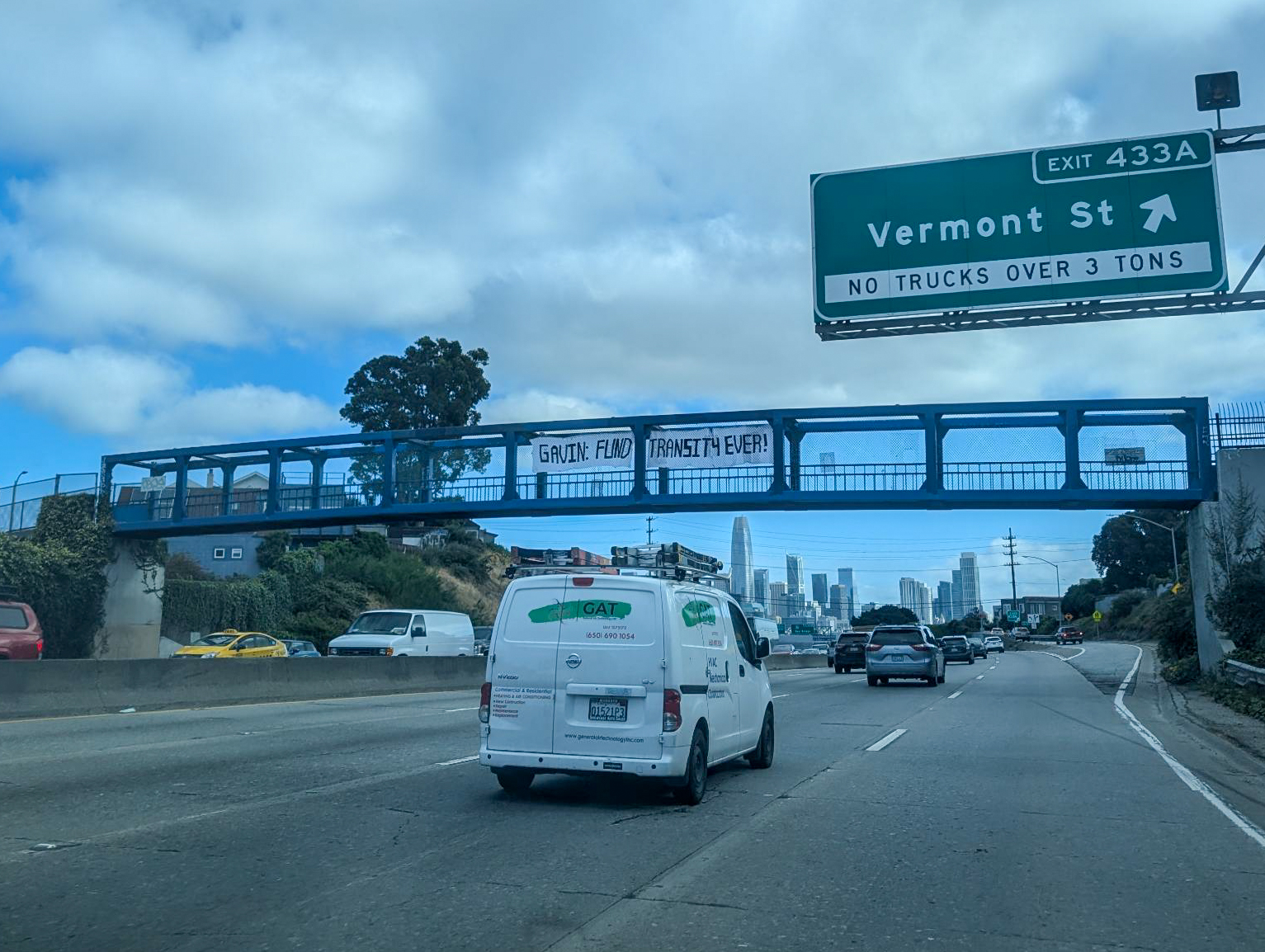As Bay Area transit systems ride on the edge of financial catastrophe, some state leaders and transit advocates were disappointed to see that Gov. Gavin Newsom did not include a funding boost in his revised budget proposal on Wednesday.
State Sens. Scott Wiener, D-San Francisco, and Jesse Arreguín, D-Berkeley, had asked for $2 billion in emergency funding for transit agencies, a stopgap solution ahead of their proposed sales tax measure for the November 2026 ballot that would raise much-needed money.
Bay Area transit agencies, including BART, Muni, AC Transit and Caltrain, face a combined budget deficit of more than $800 million in the next fiscal year. Without immediate funding, some supporters are worried that the agencies may be forced to reduce operations before a sales tax measure can be voted on.



